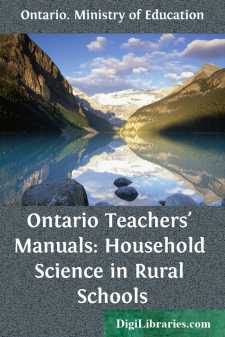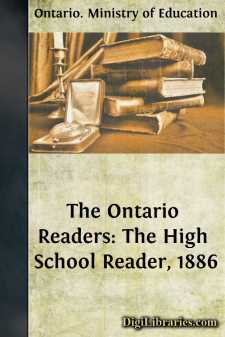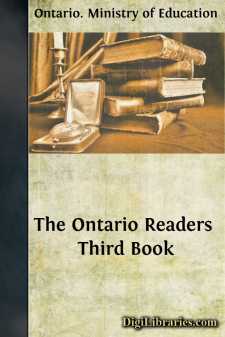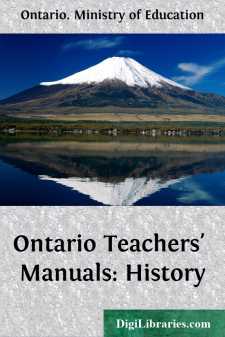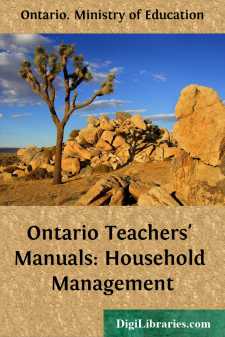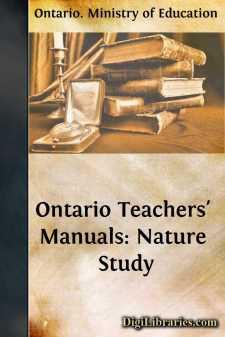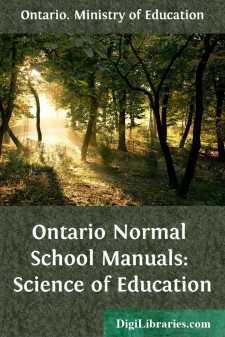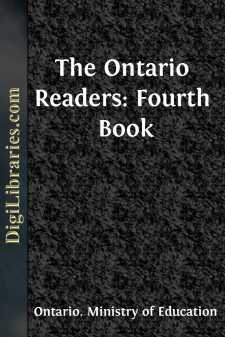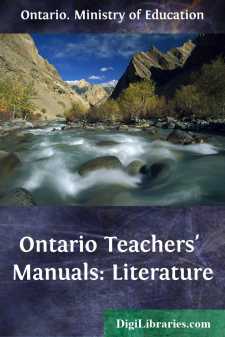Categories
- Antiques & Collectibles 13
- Architecture 36
- Art 48
- Bibles 22
- Biography & Autobiography 815
- Body, Mind & Spirit 144
- Business & Economics 28
- Children's Books 18
- Children's Fiction 14
- Computers 4
- Cooking 94
- Crafts & Hobbies 4
- Drama 346
- Education 58
- Family & Relationships 59
- Fiction 11829
- Games 19
- Gardening 17
- Health & Fitness 34
- History 1378
- House & Home 1
- Humor 147
- Juvenile Fiction 1873
- Juvenile Nonfiction 202
- Language Arts & Disciplines 89
- Law 16
- Literary Collections 686
- Literary Criticism 179
- Mathematics 13
- Medical 41
- Music 40
- Nature 179
- Non-Classifiable 1768
- Performing Arts 7
- Periodicals 1453
- Philosophy 65
- Photography 2
- Poetry 896
- Political Science 203
- Psychology 44
- Reference 154
- Religion 515
- Science 126
- Self-Help 85
- Social Science 82
- Sports & Recreation 34
- Study Aids 3
- Technology & Engineering 59
- Transportation 23
- Travel 463
- True Crime 29
Our website is made possible by displaying online advertisements to our visitors.
Please consider supporting us by disabling your ad blocker.
Ontario Teachers' Manuals: Household Science in Rural Schools
Description:
Excerpt
PREFACE
This Manual is issued for the purpose of encouraging the introduction and furthering the progress of Household Science in the rural schools of this Province. There are 903 urban and 5,697 rural schools, and 45.87% of the school population is in attendance at the latter schools. The value of Household Science as an educational and practical subject has been recognized, to some extent, in the urban schools of the Province but, up to the present, little attempt has been made to give the subject a place among the activities of the rural schools.
There is a wide-spread impression that it is not possible in Household Science to give any instruction that is of value without the provision of separate rooms, elaborate equipment, and specially trained teachers. Where these conditions exist, of course, the best work can be accomplished; but, even where they cannot be realized, much may be done toward giving definite, useful instruction in the cardinal principles of home-making, which should be learned by every girl. There is certainly not a single rural school where some practical work in sewing and some valuable lessons in the care of the home may not be given. As for cookery, it is doubtful if there is a single school so small and so helpless that it is unable to use the hot noon-day lunch as a method of approach to this branch of the subject.
Students of the physical welfare of children are rapidly coming to the conclusion that a warm mid-day meal greatly increases the efficiency of the pupil and determines to a large extent the results of the afternoon's study. There are other benefits to be derived from a school lunch well prepared under proper conditions. In many communities it has been the means of bringing about a healthy and satisfactory co-operation between the school and the home, of developing a higher social life in the neighbourhood, and of introducing into the school a Household Science course, which has proved as great a benefit to the farmer's wife as to his children.
This Manual deals entirely with conditions that exist in our rural schools and outlines only such plans and schemes as can be carried out, even in adverse circumstances, by alert trustees, sympathetic inspectors, and resourceful teachers.
Permission has been obtained from the Bureau of Education, Washington, U.S.A., to make use of a recently issued bulletin—"Three Courses in Home-making for Rural Schools", and of various bulletins issued by State Agricultural Colleges. The freest use has been made of this material, and the permission to do so is hereby gratefully acknowledged.
Only such theory as can be readily assimilated has been given; and the teacher is advised for further information and help to consult the Manuals issued by the Department of Education on Household Management and Sewing. Those who wish to become thoroughly competent and to earn the highest Departmental grants should attend the Summer Schools provided by the Department of Education. Under certain conditions the expenses of teachers attending these courses are paid by the Department....


